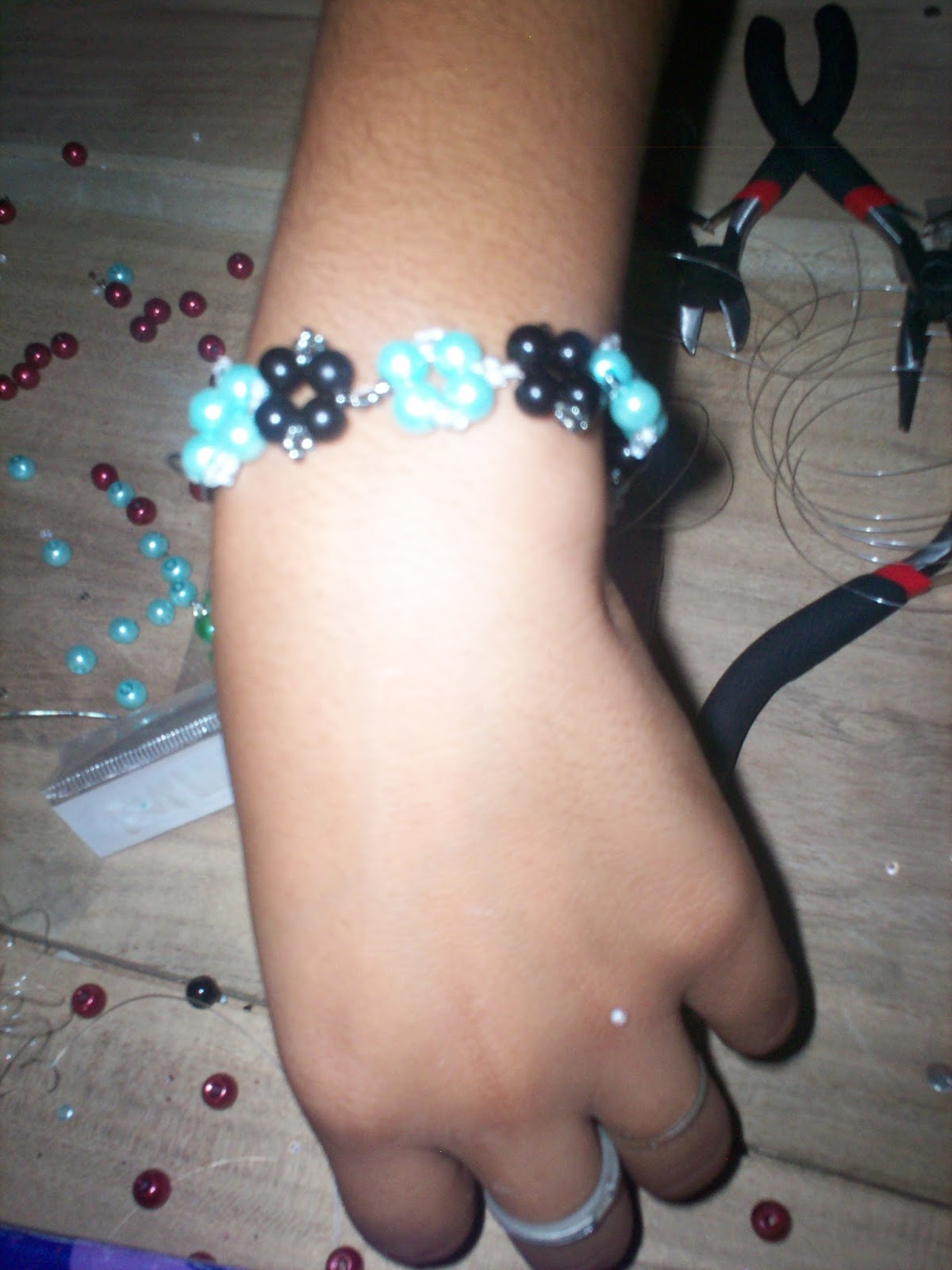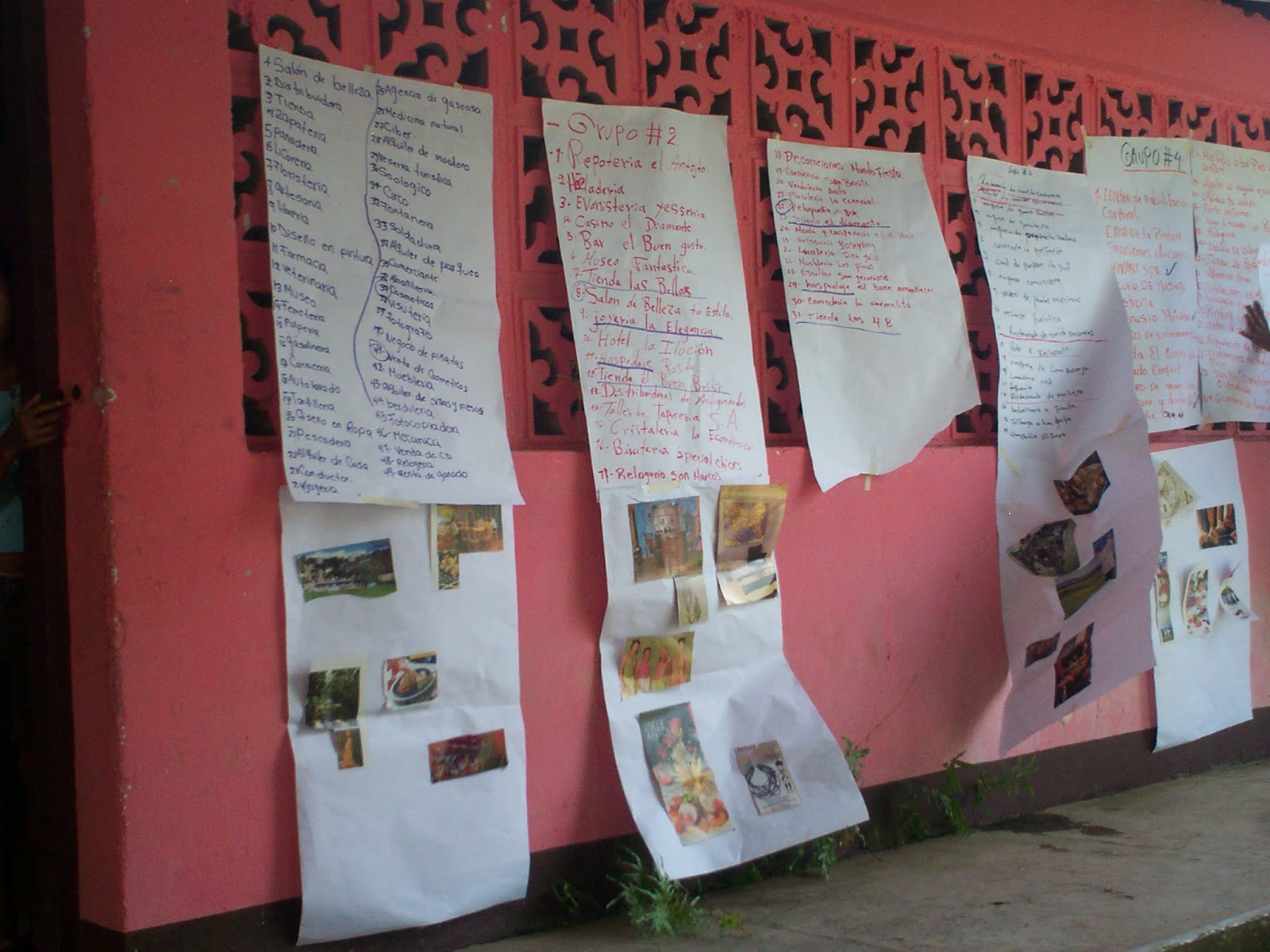This weekend I attended Mythmoot III: Ever On, a Tolkien and fantasy literature conference hosted in Baltimore by the Mythgard Institute, whose President, Corey Olsen, is known online as the Tolkien Professor. I have attended this conference every year since the inaugural conference in 2012. Each year, it has been an energizing experience: joining a hundred other Tolkien nerds to discuss a vast array of topics, from Middle-Earth to Doctor Who to Irish Gaelic. It’s a joy to let our nerd flags fly high and share our love and enthusiasm for these topics.
 One of the other striking aspects of this conference is
the diversity of its attendees in terms of what they do in their “day
jobs.” While the usual suspects –
full-time academics and professors, aspiring writers, artists and musicians,
etc. – abounded, these were by no means the only professions present. Computer scientists, physicists, retail
workers, marketing reps, and so on were also represented. As were Latin American studies majors turned
non-profit community development workers, ever divided between the two
competing passions of literary nerdom and human rights promotion – that is to
say, there was room for me too. No
matter how disparate our professions and backgrounds, we all found something
inspiring and compelling in these works of fiction, and joined our different
perspectives to form a more complex and compelling discourse.
One of the other striking aspects of this conference is
the diversity of its attendees in terms of what they do in their “day
jobs.” While the usual suspects –
full-time academics and professors, aspiring writers, artists and musicians,
etc. – abounded, these were by no means the only professions present. Computer scientists, physicists, retail
workers, marketing reps, and so on were also represented. As were Latin American studies majors turned
non-profit community development workers, ever divided between the two
competing passions of literary nerdom and human rights promotion – that is to
say, there was room for me too. No
matter how disparate our professions and backgrounds, we all found something
inspiring and compelling in these works of fiction, and joined our different
perspectives to form a more complex and compelling discourse.
So when John asked me to write a reflection on Tolkien
and what we do at ECM, it seemed only natural that I could draw some connections. Here, then, are some lessons from Tolkien for
Christian community development.
1.
Yet such is oft the course of deeds that
move the wheels of the world: small hands must do them because they must, while
the eyes of the great are elsewhere. Peter
Jackson’s film version expresses this same sentiment, “Even the smallest person
can change the course of the future.” When
it comes to the great work of bearing God’s light to the dark corners of our
fallen world, nobody – not rustic, naïve hobbits, nor poor undocumented
immigrants – is irrelevant. Everyone, no
matter how marginalized or forgotten, has something to offer, and we must never
fall into the trap of trying to judge whose contributions are valuable and
whose are not.
2.
I will not say, do not weep, for not all
tears are an evil. A few months
ago, Morgan wrote a reflection
on the role of lament in ministry.
Seeing the pain and the need around us, allowing our hearts to break,
and sharing that pain with others, does not mean that we despair or lose
hope. Tears of lament are not an evil,
for they attest to our shared humanity with others, and the image of God that
we all bear.
3.
Blessed are the legend-makers…
It is not they that have forgot the night.
While fantasy literature and speculative fiction are often
derogatorily dismissed as “escapist,” implying their lack of engagement with
the real world, Tolkien believed that the escape offered by fantasy in fact
offers readers a better means of approaching reality, not by denying its
struggles, but by renewing readers’ appreciation for its beauties. Community development workers, then, should
not dismiss or reject the arts and creativity as a distraction from the “real
work,” but rather embrace them as God-given gifts to strengthen us in this
journey and build community with one another.
4.
All we have to decide is what to do with the
time that is given us. It is easy
to become discouraged when we see the enormity of the evils we face. Be it the looming conquest by Sauron and the
forces of evil, or the seemingly irrevocable creep of generational and
institutional poverty, we often despair of ever being able to make a difference,
and we fall back on questions of Why this?
Why now? Why me? But Gandalf reminds Frodo, and us, that those
questions are, as they say, above our pay grade. We may never know how to solve these
problems, but we can still choose to act on the talents and opportunities we
have received.
5.
It’s a dangerous business, Frodo, going out of your door ... You step into the road, and if
you do not keep your feet, there’s no knowing where you may be swept off to. Ministry, like any endeavor to which
God calls us, is an adventure – a dangerous business, one might say. When you choose to say “yes” to God, be
prepared for him to take you down unexpected paths.
6.
It is true that if these hobbits understood
the danger, they would not dare to go.
But … in this matter it would be well to trust rather to their
friendship than to great wisdom.
The work of community development is, without doubt, difficult and
intimidating. It will require patience
and endurance, the hope to keep fighting even when the same needs continue to
be felt, the humility to admit that we don’t know everything, and that
sometimes we fail. This line of work has
never made anyone rich, and probably according to many, it is not a “wise”
career choice. But it is a choice born
from loyalty and love, and it is the bonds of friendship that we forge in this
journey that will see us through.
While there are surely more connections that could be
drawn, these stand out to me at present.
Tolkien affirms throughout his creative and analytical works the
capacity for heroism in all people; the idea that heroism is a choice to act
courageously, rather than the possession of great strength or knowledge; the
redemptive and revitalizing power of creativity; and the necessity of community
and empathy. These values are essential
to the work of community development, and by engaging with fairy stories like The Lord of the Rings we come to
understand these values on a deeper level, and renew our appreciation of the
good for which we are fighting.
Namárië, tenn’
enquetielva.








































